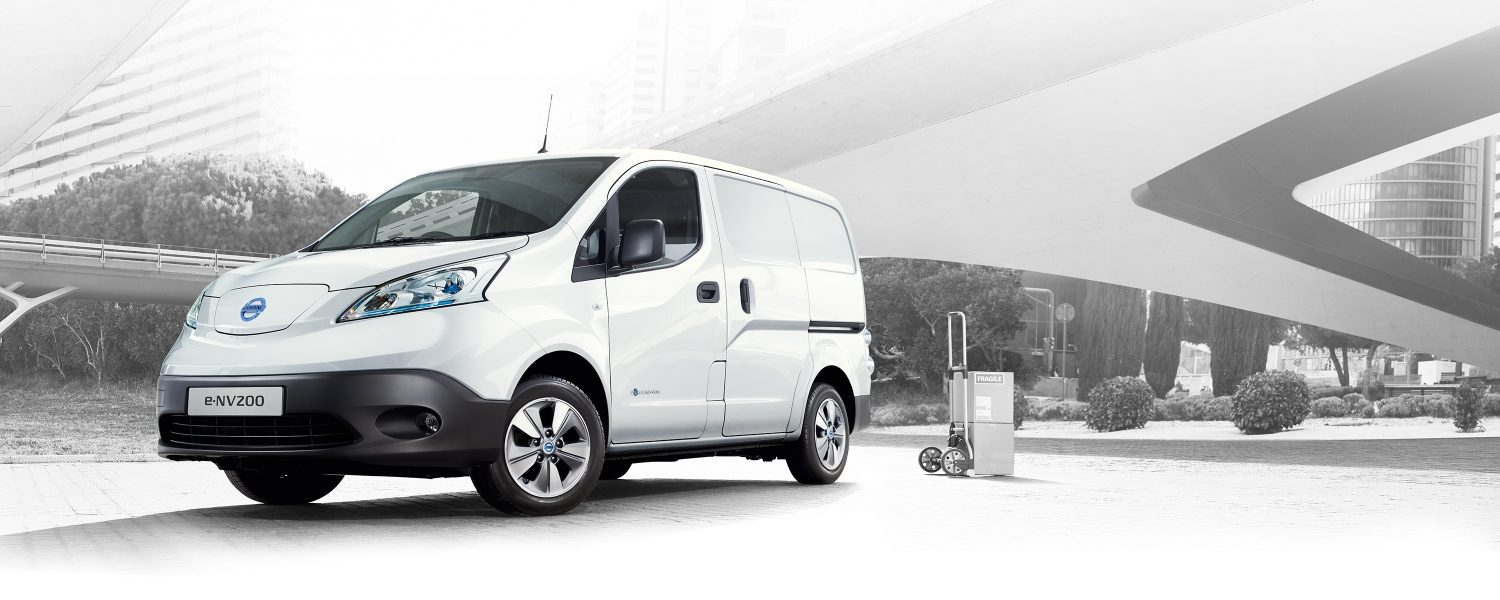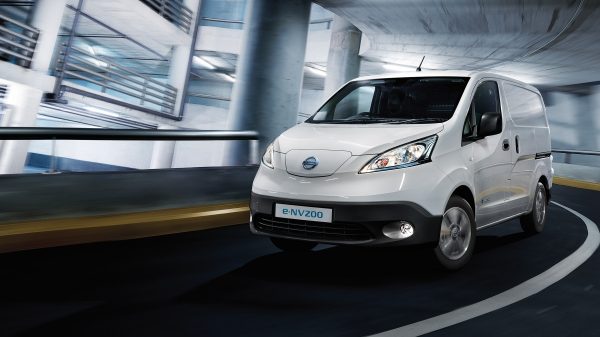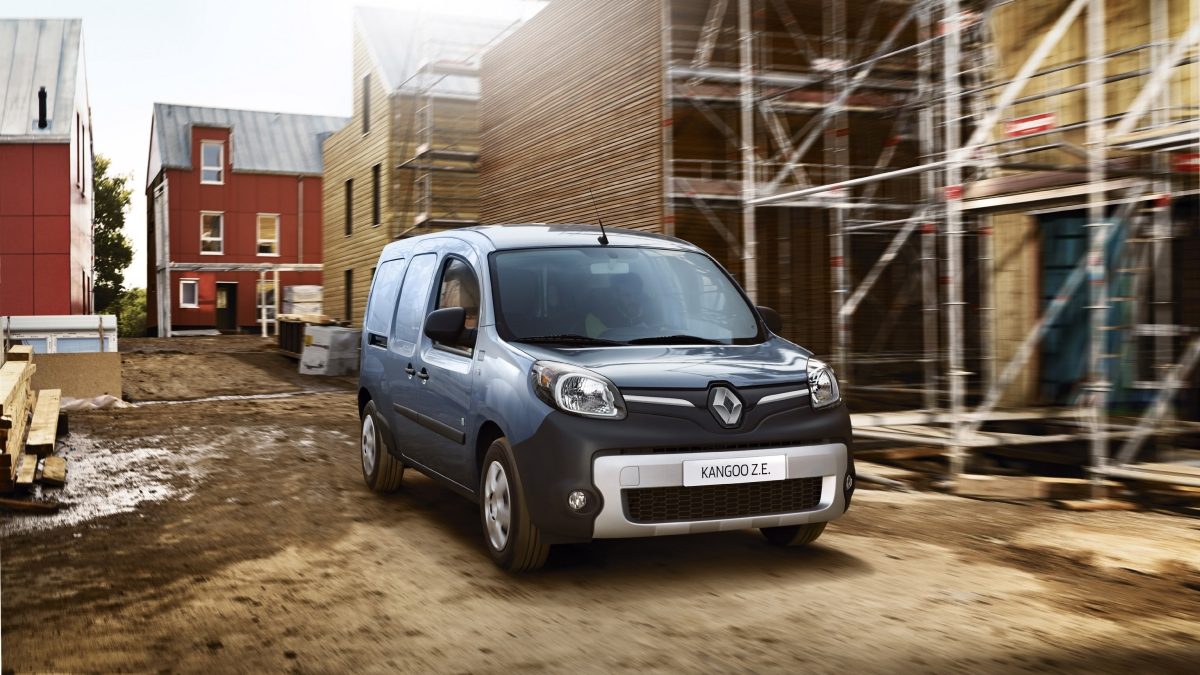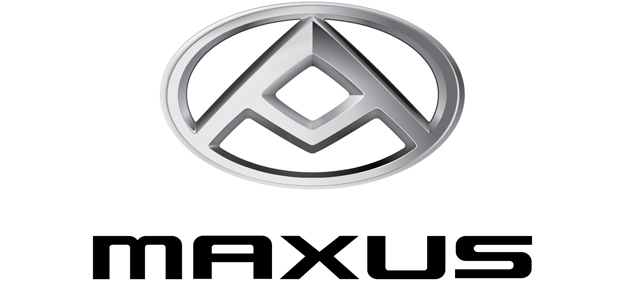Electric vans are charging forward but do they make sense?

The move towards electric vehicles (EVs) seems to be gathering momentum. The Government’s announcement to stop all sales of petrol and diesel cars by 2040 means electric vans are likely form an increasing role within the UK van market as it evolves over the next few years.
Electric vans currently represent a tiny fraction of overall sales, but as businesses come under increasing pressure to adopt more environmentally friendly modes of transport an electric van could offer the ideal solution to cut running costs, but do they make sense for your business?
Electric vans are getting better all the time, and while there are compromises, there are also benefits, too.
Benefits
Eco-friendly
Electric vans produce no CO2 or NOx emissions which means a dramatic increase in their use could dramatically improve air quality, especially in built up areas.
Lower running costs
Electric vans are typically more economical to run than their diesel counterparts. The cost per mile of ‘fuel’ (electricity) is lower, plus there are fewer moving parts and they are less hard on their brakes which potentially reduces overall maintenance costs. The cost to fully charge a flat battery is around £1.50. It is estimated, you'd need to spend around £15 on diesel to cover 100 miles, so there are clear savings to be had. If you're registered as a company, you should also be able to write off some of your household energy bills against VAT, as the energy used to recharge your electric van is a legitimate business cost.
Buying incentives
New electric vans get a Government grant which equates to 20% of the purchase price, up to a maximum of £8,000. There are also grants available towards the cost of workplace chargers.
Exemption from congestion charges and parking
Some areas offer free parking for electric vehicles and they are exempt from the London Congestion Charge.
Quieter and easy to drive
Electric vans are much quieter than diesel vans which makes life more pleasant for the driver. Reduced noise pollution also means there are opportunities to operate in areas and at times where a conventional van might otherwise bring noise complaints. Electric motors also remove the need for a conventional gearbox, so you simply select Drive or Reverse, and off you go, so no tiring of your left leg with the clutch during traffic jams!
Compromises
There are also some significant disadvantages to electric vans – which at the very least need careful consideration before purchase, to make sure an e-van will suit your needs:
Range
Range is the main worry for most drivers. At the moment, the two leading electric vans on sale in the UK are the Nissan e-NV200 and Renault Kangoo ZE. Both officially have a range of up to 106 miles although this should be taken with a pinch of salt as range can go down considerably due to cold weather, which electrical appliances are used such as the air conditioning and whether there is a payload or passenger on board.
Although range is improving all the time, electric vans will not travel as far on a single charge as conventional vans will on a full tank of fuel. This means you will have to stop more frequently and, as things stand, they are not practical for long-distance use. However, for driving within city limits, providing you have somewhere to charge it at the end of the day, range shouldn’t be so much of an issue.
Charging time
Charging times do vary but it will take longer to recharge an electric van than to refuel a conventional van. DC rapid chargers can give you an 80% charge in 40 minutes; home charging stations can complete a full recharge overnight; a normal three-pin plug may require an entire day.
Charging availability
As things currently stand, finding suitable charging points is certainly not as convenient as finding a fuel station. However, electric van manufacturers are increasing coverage of rapid chargers at locations such as dealerships, motorway service stations and some commercial sites such as Ikea stores across the country.
Heavy
Electric vehicle technology is also heavy. The government has attempted to counter this by increasing the GVW for electric vans from 3.5 tonnes to 4.25 tonnes to allow for the weight of the battery tech.
Batteries lose performance over time
Electric vehicle batteries deteriorate over time, meaning they gradually begin to hold less charge. This, however, is why most battery packs are covered by extended warranties (up to eight years in some cases), ensuring they see out the working life of the van.
Residual values
At the moment electric vans lose value faster than their diesel counterparts although this is likely to improve as take up of electric vehicles becomes more widespread.
Best use of electric vans
As things currently stand, electric vans are best suited to short trips where there is access to a charging point. According to research from Renault, 70% of van users drive less than 62 miles a day. 62 miles is well within the capability of electric vans, so as long as you've got somewhere to charge one at night, a zero emissions van with its cheap running costs might make more sense than you'd initially thought.
The current two best selling electric vans in the UK are:
Nissan e-NV200

Loadspace up to 4,300 litres
Payload 542-703kg
Range 124-187 miles
The e-NV200 is currently the best selling electric van in Europe with UK its biggest market.
The 2018 version has a larger 40kWh battery pack, increasing the e-NV200's official claimed driving range from 106 miles to 174 miles.
View details and current pricing
Renault Kangoo ZE

Loadspace 3,000-4,000 litres
Payload 605-625kg
Range NEDC 75-170 miles
The Kangoo ZE is powered by a 33kWh lithium-ion battery, giving it an official range of 170 miles..
Quick charging ensures a full charge will only take six hours as long as you have access to a fast charger. Using a regular three pin plug, it’ll take around 20 hours.















